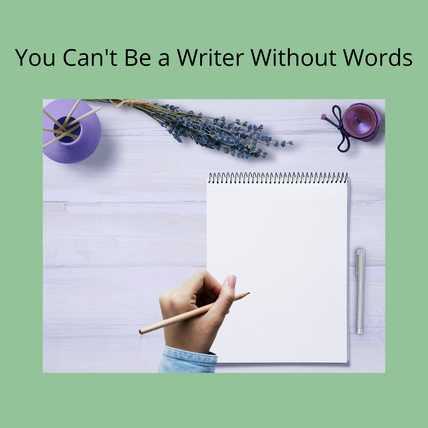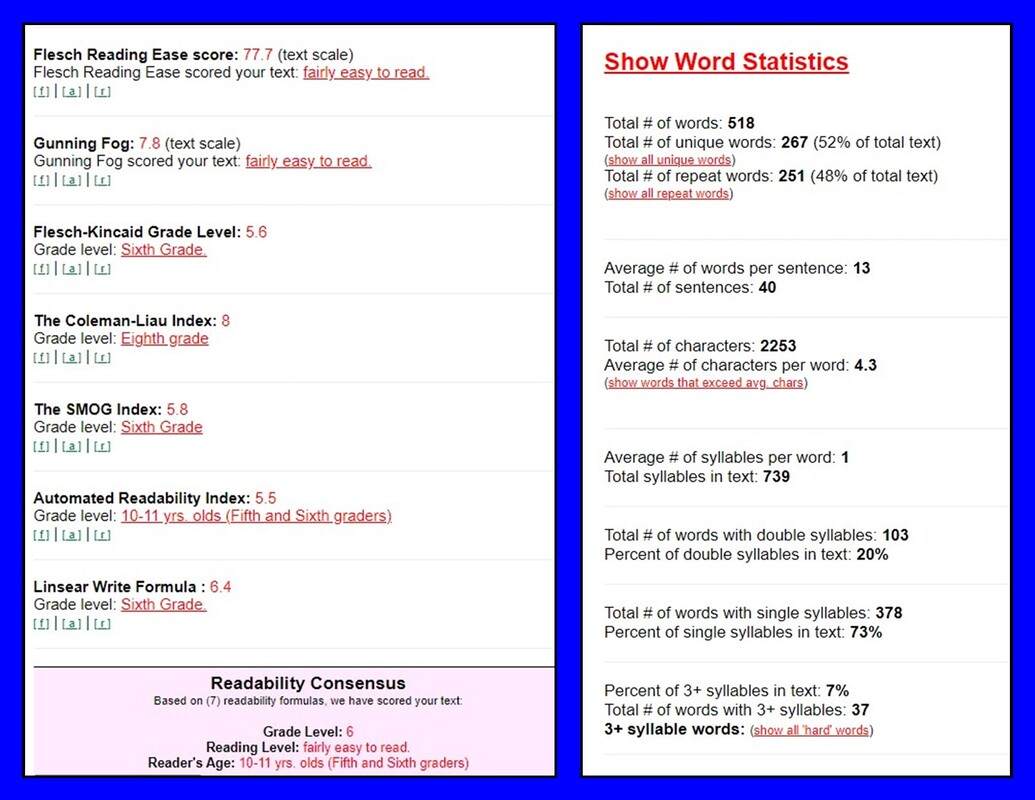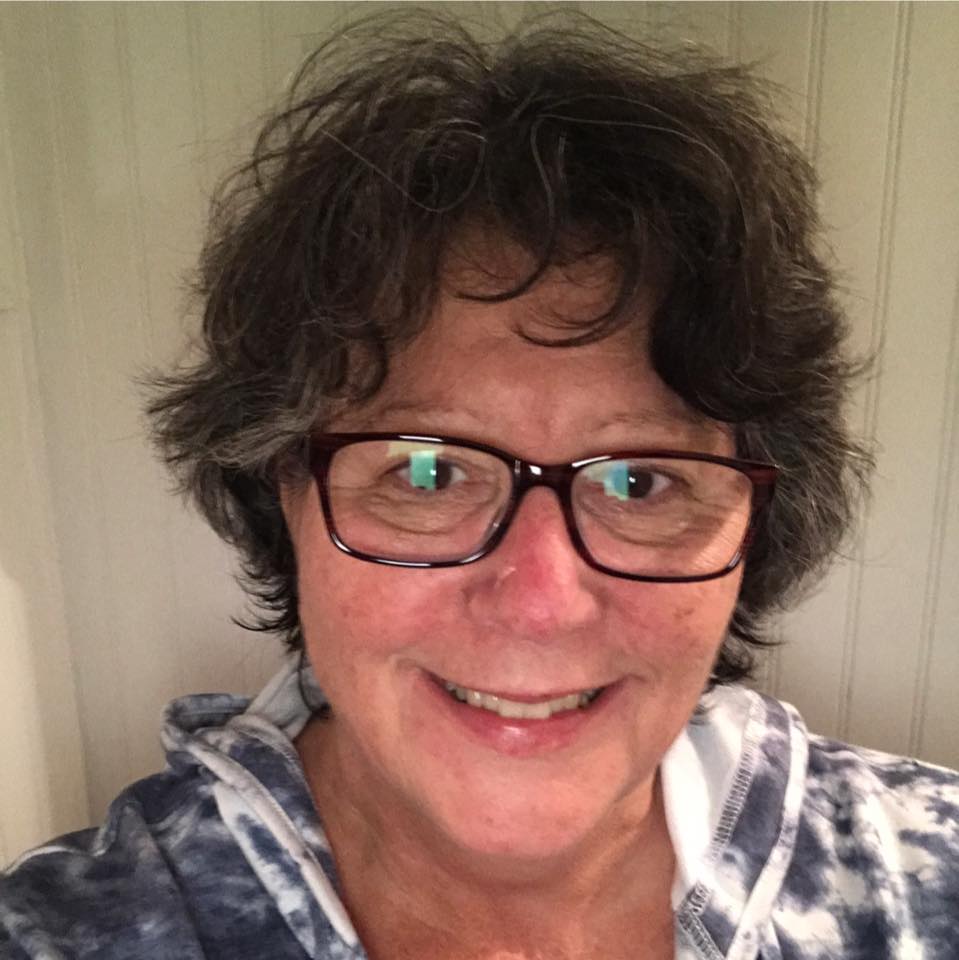|
Guest post by Eileen Hector You Can't Be a Writer Without WordsWhat is the most crucial point in a writing journey? For me, it’s always been about getting the words out on the page. It doesn’t matter how you do it. Experiment. Handwrite, type, or keyboard, just put the thoughts in your mind on the page. Don’t be concerned at first about how they look, which order seems most logical, whether there are typos, incorrect punctuation, misspellings, or even correct grammar usage. Those kinds of things will slow you down or block your creative capacity. Just get the words on the page. The story will develop, I assure you. The majority of my writing is memoir, short stories and non-fiction. There are times that ideas strike me, and I have to put them on the page and banish the thought of losing them forever. Random RamblingsOnce all of those words are in front of you, they become complete thoughts and ideas. Look at those words and build the sentences for your story around them. Then it’s time to look at them critically and put them in the order that makes the most sense for your story. On more than one occasion random ideas offer up more than one story. Set the second one aside and concentrate on one at a time, otherwise you might have trouble moving on to completion. Spellcheck on Paragraph SevenWhen you think your story is complete, read your story aloud. How does it sound to you? I have taken to recording myself reading my own stories and then playing them back. These devices we call cell phones are really so much more than that. Most smart phones have a record and playback audio feature. Where did I stumble on an awkward sentence? Was the wording complicated? Was the sentence so long I had to take a breath in between the beginning and the end? Did it say clearly what I wanted it to say? Now is the time to check over everything in your story and fine-tune it. Who Will Read This Story?To be certain there are various levels of readers. We do want everyone to read our writing, right? Most analytics say that sentences for the average reader should be no longer than fourteen words. I have been using a free tool that gauges the ease of reading for my manuscripts. It has been helpful. It calculates seven different readability formulas to determine how difficult my text is to read. With this tool you can also see word statistics breakdown, showing the total number of words per sentence, word syllables, repeat words and sentence length. I ran this blog through the Readability Tool. Here are the results. Words, Words, Words.There is no doubt about it. You have to start by putting the words on the page. I am ever in awe of how the same twenty-six letters of our alphabet can spring forth so many heartfelt stories, in such a variety of genre. This is a share in my development for continuing my writing journey. I hope you find it helpful. There is still so much to learn. As writers, we all have so much to learn from each other.
0 Comments
Leave a Reply. |
AuthorArielle Haughee is the owner and founder of Orange Blossom Publishing. Categories
All
|
Proudly powered by Weebly





 RSS Feed
RSS Feed